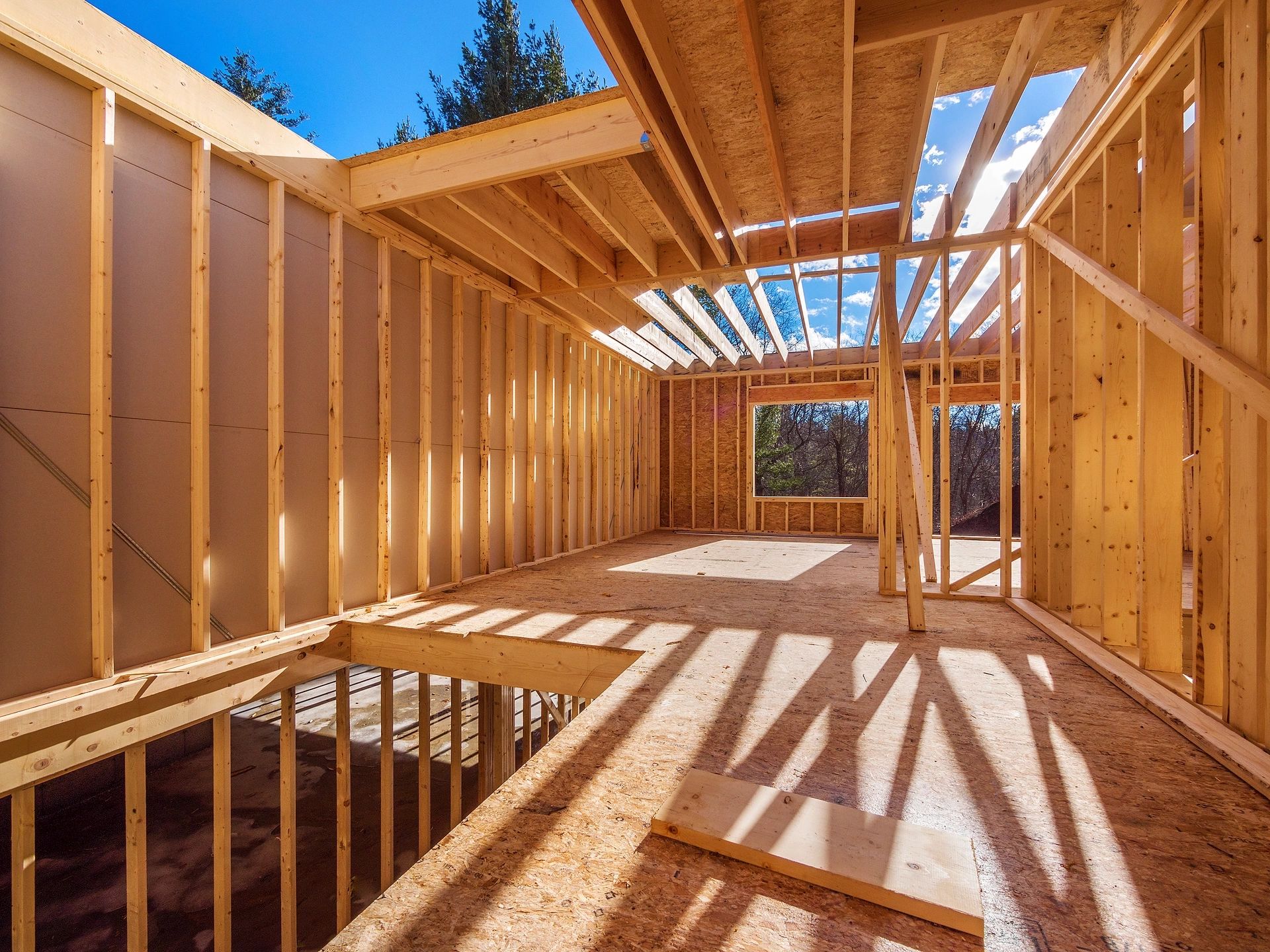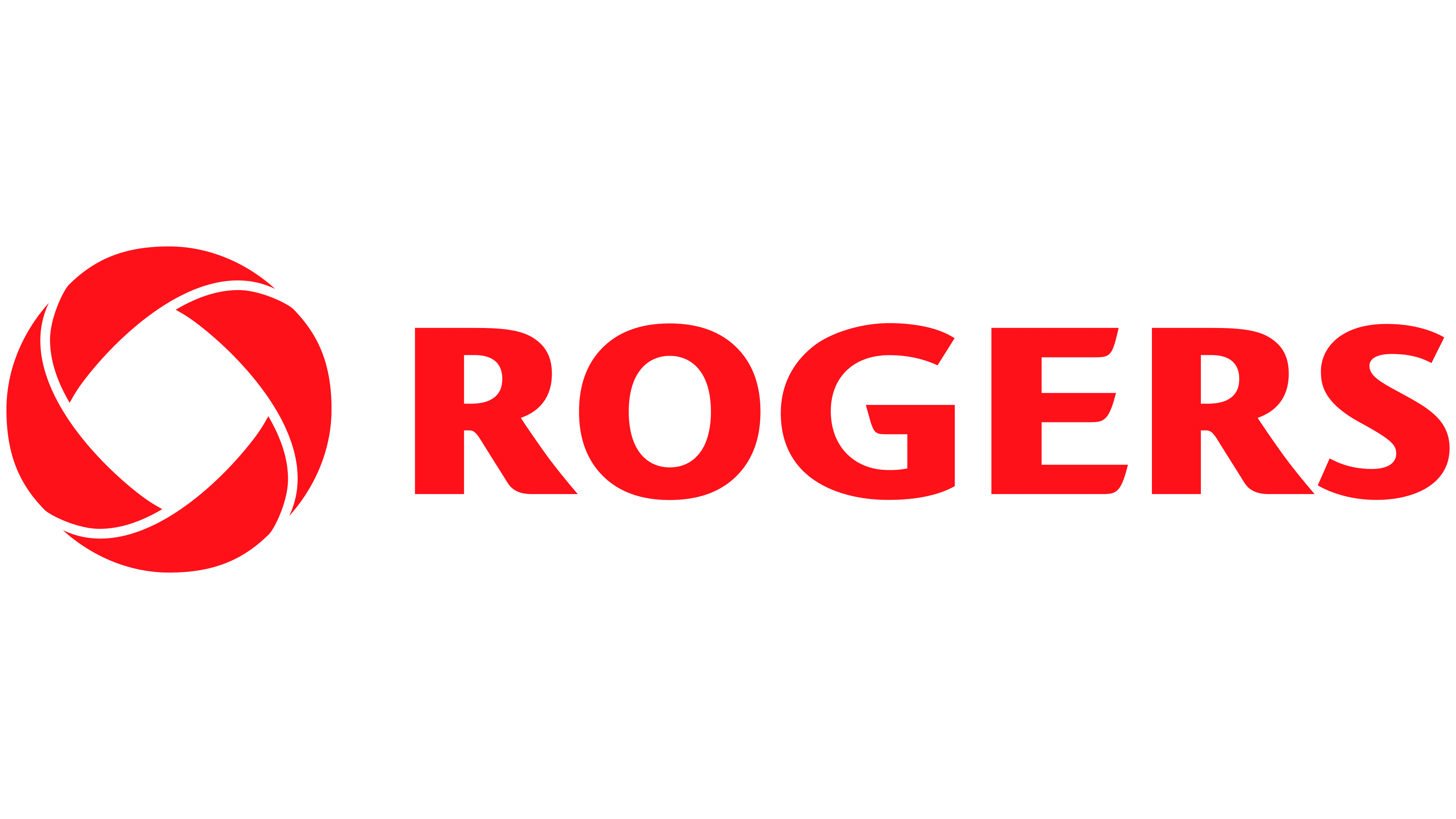Housing has recently become a crisis issue for many Canadians, but Indigenous communities have been grappling with a lack of quality housing for decades. Now, Wahkohtowin Development is proposing a solution for First Nations in Northern Ontario.
One Bowl, a social enterprise, offers a “tree-to-home” solution focusing on the entire housing supply chain.
“We established a not-for-profit to partner with the private sector and develop thermal technology to create culturally appropriate homes,” said David Flood, general manager of Wahkohtowin Development and an Indigenous registered professional forester.
Collaborating with Boréal Products, One Bowl is accelerating the manufacture, construction, and delivery of modular homes designed to meet Indigenous housing needs while also generating economic opportunities for participating communities.
Based in Chapleau Cree First Nation, One Bowl is a fully Indigenous-owned not-for-profit led by Wahkohtowin, a collaborative initiative of three First Nations in the Northeast Superior area: Chapleau Cree First Nation, Missanabie Cree First Nation, and Brunswick House First Nation.
Incorporated in 2022, the organization started with one employee, Candace Larsen, as the business development manager, recognizing the need for quality, long-lasting housing in Indigenous communities.
“A lot of Indigenous communities were in homes that were cracking, shifting, warping, and ended up being condemned in about seven years,” said Larsen. “No Indigenous organization was contracted to build or to outfit it, and no capacity internally from the community was utilized to build the home,”
Building homes in Northern Ontario First Nation communities often meant transporting a house in sections. Builders would send four sections of a house to a community, followed by a construction team to assemble it and then leave.
The difference with One Bowl is its community involvement. It promotes entrepreneurial development for residents, enabling them to learn trades like drywalling and purchase tools and fixtures from their local hardware stores.
Boréal Products, based in Alma, Quebec, is supplying their Thermologs for the housing. The Thermologs are made from four dried white pine planks used as interior and exterior siding, with high-density expanded polystyrene in the center for insulation.
As the designated distributor of Boréal Products for First Nations in Northern Ontario, One Bowl provides engineered plans for various models, including three-bedroom and two-bedroom homes, all stamped by an engineer to meet code requirements.
A housing kit costs about $75,000 for a 26-foot by 28-foot shell. Brunswick House First Nation has purchased four kits and constructed all four simultaneously. One Bowl has additional kits heading further north to Fort Albany and Kashechewan.
The organization’s ultimate goal is to achieve full stewardship over the entire supply chain.
One Bowl is currently seeking funding to acquire majority ownership in a Thermolog manufacturing facility planned for Sturgeon Falls, west of North Bay, according to Larsen. Once complete, this facility would have the capacity to supply over 500 homes annually to the Ontario market.
Revenue from this partnership, along with other limited partnerships, will be reinvested into the program to support housing services, training programs, and mobile utility trailers.
Larsen stated that One Bowl views this as a long-term strategy to prevent economic leakage, create jobs, and maintain full control over the entire process.
The ultimate goal is to reduce costs per unit for member nations and facilitate Indigenous homeownership.
To educate communities about the process and opportunities, One Bowl will host an Indigenous Housing Symposium from June 24-26, 2024, in Chapleau. Participants will have the chance to participate in a build and tour homes that have already been constructed.



